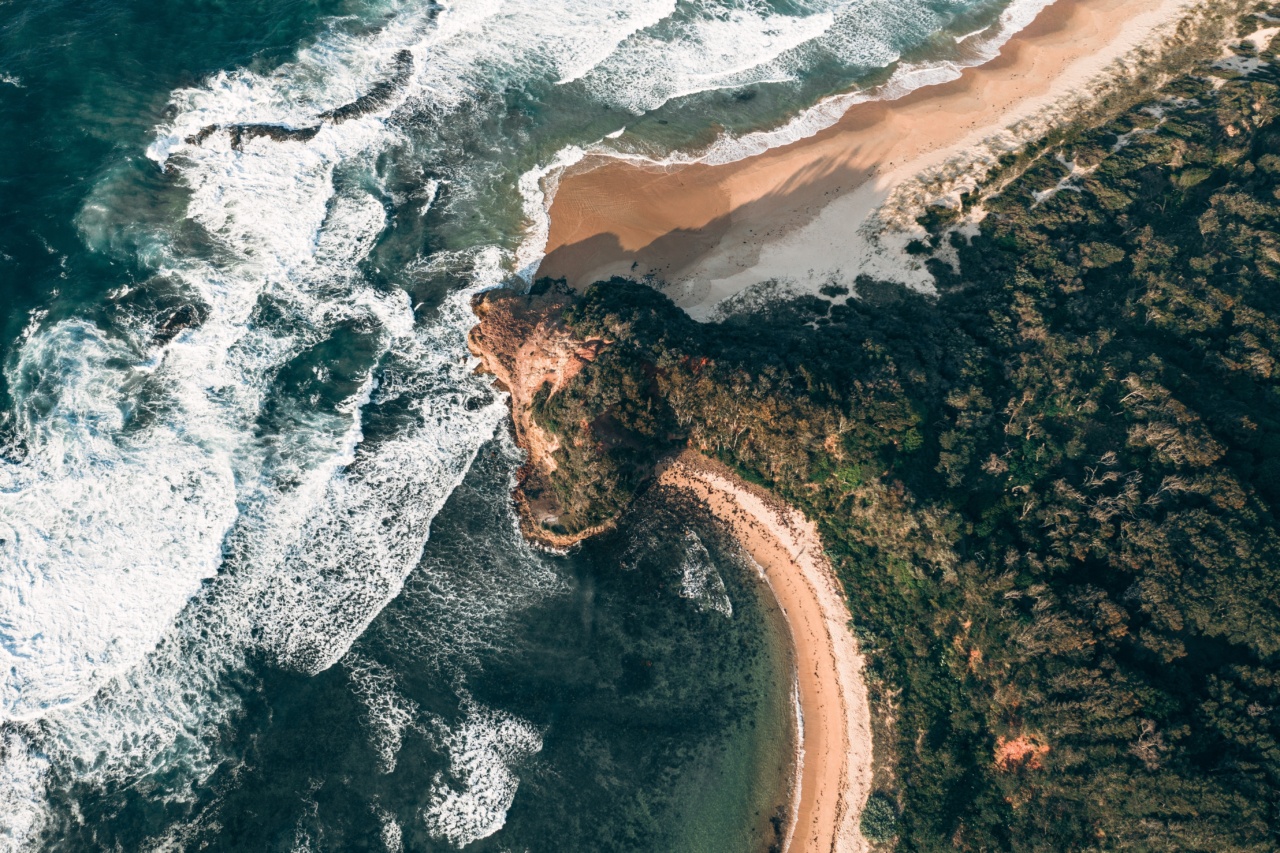During a heat wave, it is crucial to stay hydrated to prevent dehydration and heat-related illnesses. Drink plenty of water throughout the day, especially if you are spending time outdoors.
Avoid caffeinated and alcoholic beverages as they can dehydrate the body. Opt for water-rich foods such as fruits and vegetables to supplement your fluid intake.
Avoid Peak Sunlight Hours
Try to avoid being outdoors during the hottest part of the day, usually between 10 a.m. and 4 p.m. If you must go outside, seek shade and take frequent breaks in air-conditioned or shaded areas.
This will help reduce your exposure to the intense heat and minimize the risk of heat exhaustion or heatstroke.
Wear Appropriate Clothing
Choose lightweight, loose-fitting, and light-colored clothing to stay cool during a heat wave. Light-colored materials reflect sunlight and can help reduce heat absorption.
Opt for breathable fabrics such as cotton, linen, or moisture-wicking materials that allow air circulation and help wick away sweat.
Use Sun Protection
Apply sunscreen with a high sun protection factor (SPF) to protect your skin from harmful UV rays. Reapply every two hours or more frequently if you are sweating excessively or swimming.
Wear a wide-brimmed hat, sunglasses, and use a sun umbrella to shield yourself from direct sunlight and reduce the risk of sunburn or heat-related skin damage.
Stay Cool Indoors
If possible, stay indoors in an air-conditioned environment during the hottest hours of the day. If you don’t have access to air conditioning, use fans, open windows, and utilize other cooling measures to create a comfortable indoor environment.
Close curtains and blinds to block out direct sunlight and try to keep the temperature inside your home as low as possible.
Avoid Strenuous Activities
During a heat wave, it’s important to avoid engaging in strenuous activities that can increase your body temperature and lead to dehydration and heat exhaustion.
If you need to exercise, opt for early morning or late evening hours when temperatures are cooler. Pace yourself, take frequent breaks, and listen to your body’s signals to prevent overheating.
Check on Vulnerable Individuals
Heat waves can disproportionately affect certain individuals, including the elderly, young children, and those with chronic illnesses.
Check on your loved ones, neighbors, or friends who may be at a higher risk and ensure they have access to proper cooling and hydration. Encourage them to seek medical attention if they exhibit signs of heat-related illness.
Create a Cool Sleeping Environment
Getting a good night’s sleep is crucial during a heat wave. Create a cool sleeping environment by using cotton sheets, a lightweight blanket, or even a damp towel to keep yourself cool while sleeping.
Consider using a fan or air conditioning in your bedroom to maintain a comfortable temperature and improve sleep quality.
Know the Warning Signs
It is essential to familiarize yourself with the common warning signs of heat-related illnesses. These include dizziness, headache, muscle cramps, nausea, rapid heartbeat, and excessive sweating.
If you or someone around you experiences these symptoms, seek immediate medical attention and move to a cooler environment.
Pet Safety
Remember to protect your pets during a heat wave as well. Ensure they have access to shade and fresh water at all times. Avoid exercising them during the hottest part of the day and never leave them in a parked car, even with the windows cracked.
Heatstroke can be life-threatening for animals, so take necessary precautions to keep them safe.




























